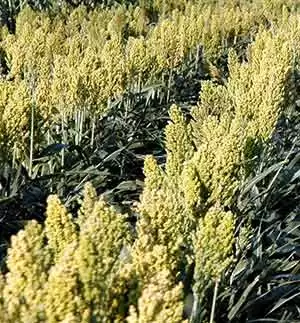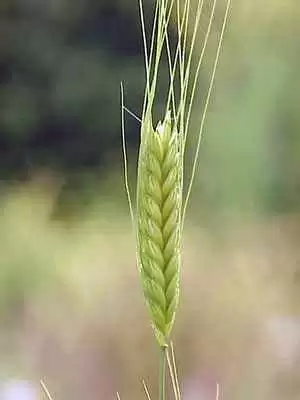The term gluten in reference to the cohesive, elastic protein mass remaining after starch is washed from a dough goes back to Beccari in 1745. Strictly speaking, gluten is found only in wheat because it is difficult to wash a cohesive protein mass even from rye, the closest relative to wheat, let alone from barley or oats or anything else. Unfortunately, a misuse of the term by the corn industry has become common in recent years. It has become fairly common to call corn storage proteins corn gluten. Personally, I think there is no justification for such usage. Corn may contain prolamins, as does wheat, but not gluten.
Celiac.com Sponsor (A12):
When it comes to celiac disease, a similar corruption of the term has become very common. There are certain related proteins in wheat, rye, and barley that give rise to particular peptides during digestion that are capable of triggering the responses typical of celiac disease. Only in the case of wheat can these be strictly considered to be derived from the gluten proteins. But for lack of a suitable term, patients and their physicians began speaking of gluten-free or gluten-containing foods. People ask me, How much gluten is there in quinoa? I have to translate this into, Are there any harmful peptide sequences in the proteins of quinoa? There is nothing in quinoa that is like gluten prepared from a wheat flour dough, which has an unusual, perhaps unique, viscoelastic character.
In any case, as far as we know, corn does not seem to cause harm to celiac patients. Corn has not been studied in the extensive way that wheat has in relation to celiac disease, but for 40+ years patients and their physicians have seemed to agree that corn is OK. The sequences in the corn zein (prolamin) fraction are suspicious, but they do differ in an apparently crucial way from the protein sequences of the wheat gliadin (prolamin) fraction. There have been no modern biopsy-based studies of the effects of purified corn proteins on the celiac intestine as there have been for wheat, but the mass of evidence still seems to point in the direction of corn being safe for celiac patients.








Recommended Comments